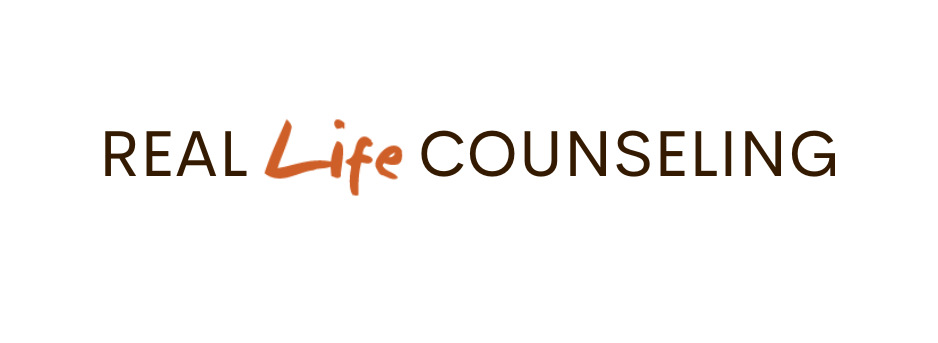Which one is the right fit for you?
Whether you are struggling with an Eating Disorder or disordered eating, it’s easy to wonder what the next step is…is it therapy or is it coaching? This article explains the differences between therapy and coaching for these issues to help determine which one is the best fit for you.
Disordered eating falls on a spectrum. All of us struggle to eat in a way that is nourishing to our bodies and minds from time-to-time. Research suggests that up to 50% of the population demonstrate problematic or disordered relationships with food, body, and exercise. Rates of clinical Eating Disorders are much lower, however, estimated to account for 1% to 3% of the general population. Disordered eating happens when our eating habits interfere with our health, our goals, or our ability to form relationships and feel good in our own skin. Eating Disorders have distinct features that occur on a consistent basis in an extreme manner (you can check out NEDA.com for more information). When a person struggles with disordered eating, coaching can help the person to rewire their brains, focus on goals, and create better eating habits. When a person struggles with an Eating Disorder, therapy can help the client work on the root causes, address the relational dynamics, and process what is needed for them to gain new skills and develop an identity outside of the disorder.
Coaching Vs. Therapy
| Coaching (for Disordered Eating) | Therapy (for Clinical Eating Disorders) |
| Does not diagnose clients and client does not exhibit characteristics of diagnosable Eating Disorders (DSM 5 outlines) or other mental health issues. | Uses diagnosis and treatments and clients meet criteria or have serious side-effects from their disordered eating behaviors. |
| Works with clients who are functioning well in their daily lives and/or aren’t actively struggling with mental illness (Eating Disorders). | Treats and works with clients who are struggling with major mental illnesses (such as Eating Disorders, Depression (MDD, GAD, etc.). |
| The focus is on helping the client evolve and manifest their potential. | The focus is on healing & treating disordered eating behaviors and clients’ relationship with food. |
| More action-oriented, homework and accountability is held as important. | More process-oriented, the process of therapy and dealing with the current client issues is important in the therapeutic relationship. |
| Does not address healing past trauma in-depth or encourage bringing in family members. | Works with healing past trauma in-depth, and encourages bringing in relational dynamics and family members into session. |
| Contact between sessions revolves around rescheduling appointments or sharing relevant information, learning material, and inspiration. | Contact between sessions exclusive to crisis situations and communication about appointments. |
| Uses some therapeutic techniques, but mostly works from a strengths-based, coaching perspective. Does not work with a medical team/other practitioners involved unless facilitated by client. | Uses both coaching and therapeutic techniques to their full depth, mostly working from a systemic and brain-based psychology perspective. Works with the client’s medical team and takes a “team approach” to treating issues so that all of the medical issues related to ED’s are addressed. |
If you have any additional questions regarding which is the right fit for you and your specific eating concerns, please contact Jenny at through her contact form. She would be happy to answer any questions or set up a free initial consultation to discuss what options are the best fit for you.

